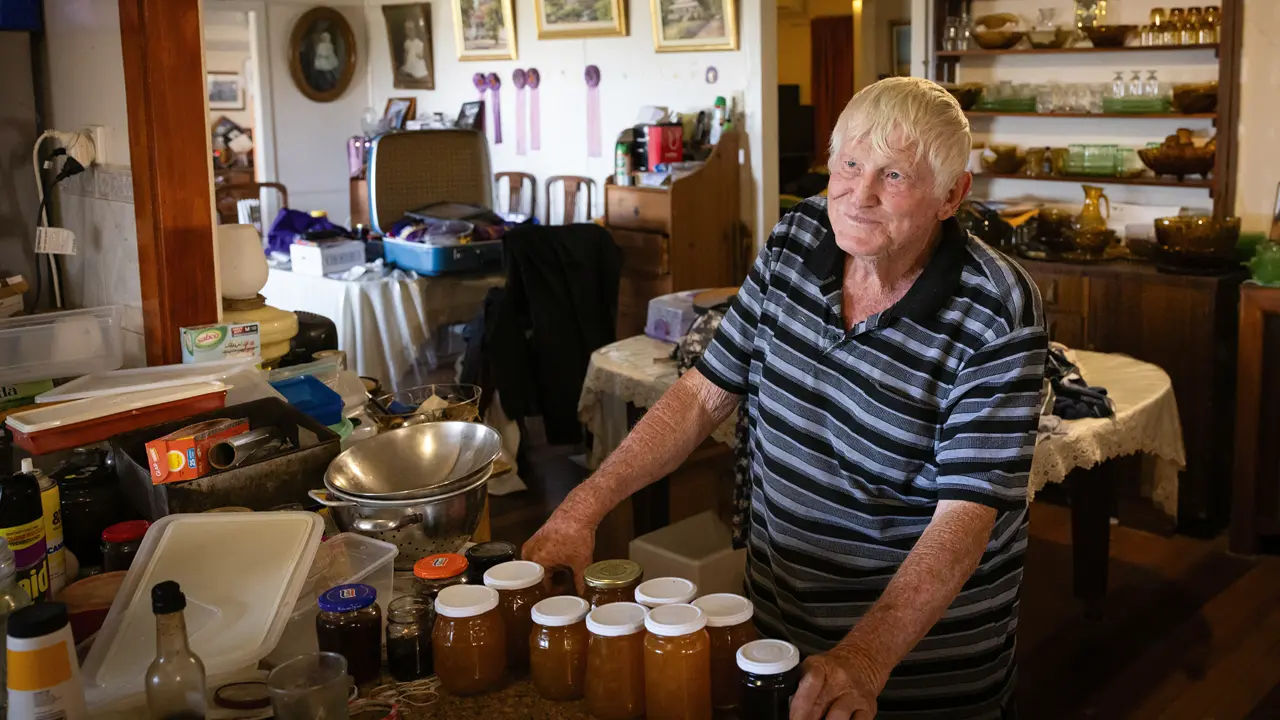Fifty years after buying up some scrubby paddocks in South Australia's south-east, Italian immigrant Stefano DiGiorgio and his sons have established a successful sheep, cattle and viticulture operation.
Story By Ian Glover
Stefano ‘Steve’ DiGiorgio gets back into the Triton after shutting yet another farm gate on Sterita Station. The 70-year-old gazes out over the dry, dusty paddocks, caught in the grip of what is arguably Australia’s worst drought. “Just look at it,” he says, shaking his head. “It’s enough to make you cry.”
It’s almost impossible to imagine Steve crying about anything. He’s old world, old school and a hard man. “We’ve been hand-feeding for a long time,” he says. “Still, at least we’ve still got our own hay.”
The land Steve is looking over is all his, built up to a current 8000 hectares from literally nothing. Born near Rome (where his father Francesco had a vineyard), he arrived in Australia not yet 20, an assisted migrant with £10 in his pocket, to find himself virtually incarcerated in the Williamstown migrant centre despite the fact he had a contract to cut cane in Queensland. Eventually he approached the Italian consul with the plea, “Can I go free? Whether I live or die is my business!”
Drifting to Lucindale in South Australia (where he'd been told there were plenty of jobs), Steve started work on a local property. “We were going to cut hay,” he says. “The manager told me to go to the shed and get a rope. I didn’t have any English, went to the shed and couldn’t find anything. I came back and said to him ‘No understand’. He jumped off the back of the Blitz buggy, held up a rope with both hands, shoved his face in mine and shouted, ‘This is a rope! Rope! Rope!’”
“I was determined never to go through something like that again. I got a book – English in Three Months – and soon the manager said to me, ‘Can I ask you a question? You’ve only been here three weeks – you couldn’t understand a thing and now you can.’ But I didn’t tell him how. Six weeks later he said, ‘I’m going away for a holiday for a month – can you look after the place?’ I got him to write down everything he wanted done. After we finished all the work he’d told us to do, I moved onto the next paddock. When he got back, he laughed. ‘That’s not our country’, he said.”
This story excerpt is from Issue #56
Outback Magazine: Dec/Jan 2008








